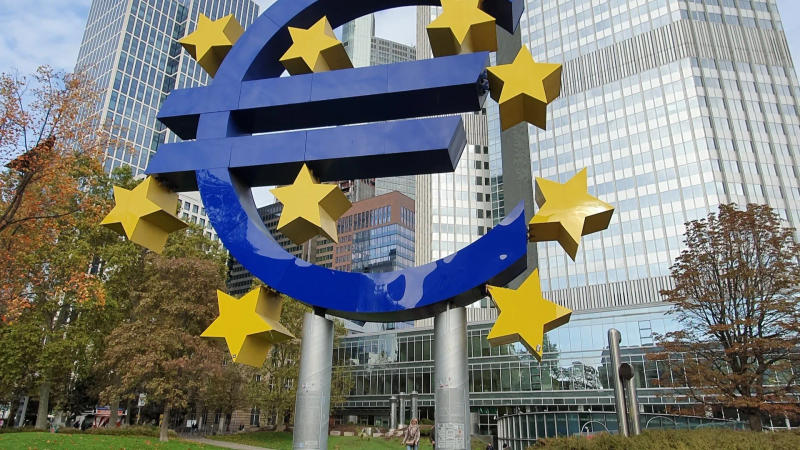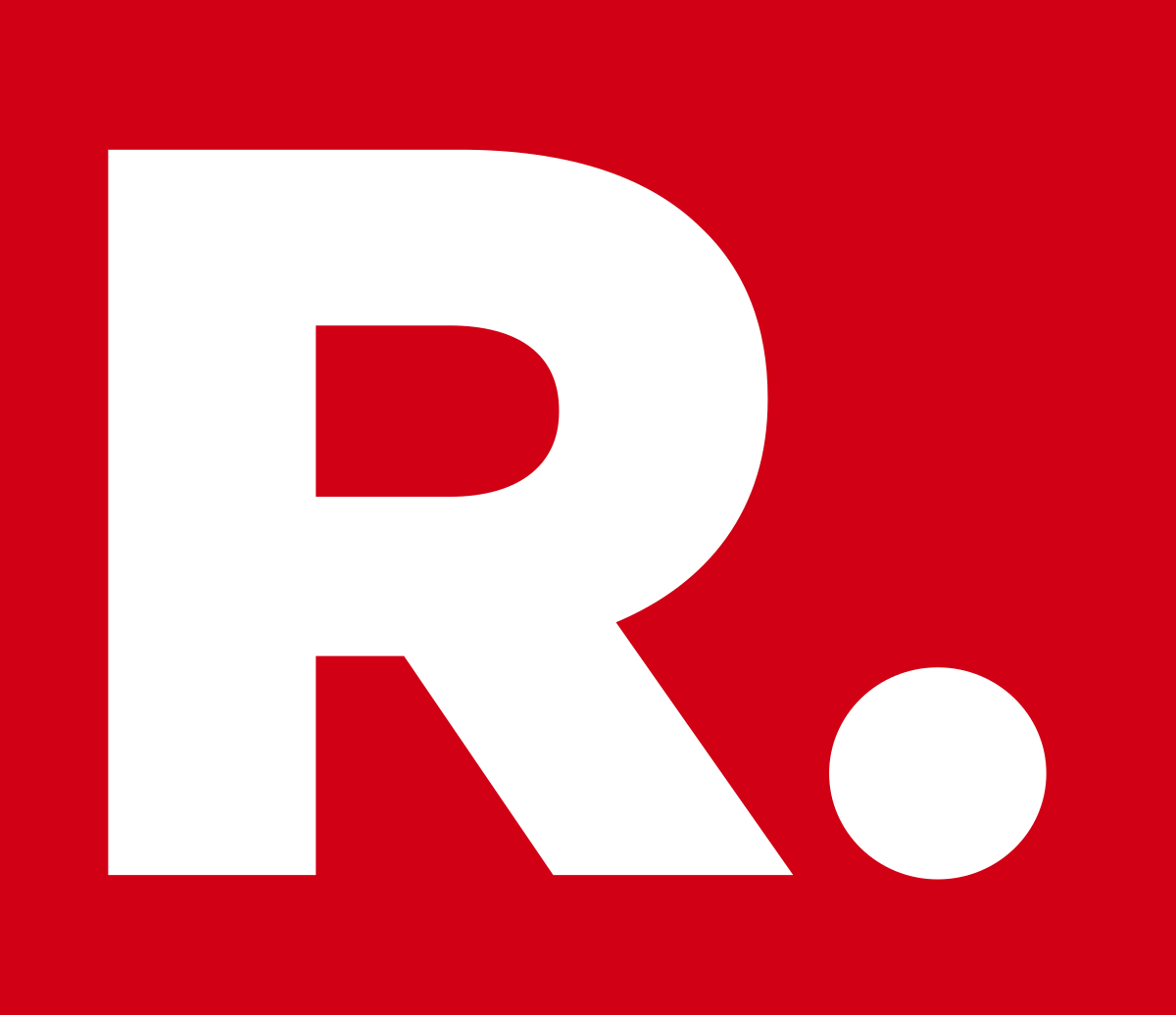Published 18:54 IST, January 22nd 2024
It will take more than Draghi to boost EU growth
Mario Draghi’s report on European competitiveness is more likely to reflect the EU’s internal conflicts than resolve them.

Playing to win. The European Union wants to up its game in the global economy. With the bloc’s growth stagnating and China and the United States doling out technology subsidies, the 27-country bloc is looking to boost growth. Brussels picked Mario Draghi, who has form in the “whatever-it-takes” stakes, to explore the matter. But the EU will need money and cooperation, not just the reassuring words of a respected veteran, to get the job done.
Draghi’s upcoming report on European competitiveness is more likely to reflect the EU’s internal conflicts than resolve them. The bloc is split between wanting to protect its national champions and reaping the full benefits of global supply chains. When the former Italian prime minister unveils his findings mid-year, he’s unlikely to pick a clear winner.
Meanwhile, Europe is treading water as the global economy heads into what the World Bank in January predicted will be its slowest period since the 1990s. The euro area itself is looking at a scant 0.7% increase in GDP this year, rising to 1.6% the year after, the World Bank reckons. That’s much slower than the United States, which is projected to expand by 1.6% in 2024 and 1.7% in 2025, and well behind China, which should grow at 4.5% in 2024 and 4.3% in 2025.

Open markets would seem to offer the fastest path to growth. European stalwarts like Airbus and Stellantis, as well as younger startups, need access to the world’s top components, produced as cost-effectively as possible. Putting up barriers will have the opposite effect: the International Monetary Fund estimated in October that increased trade restrictions could shrink global economic output by 7% in the long term, or about $7 trillion in today’s dollars. That’s the size of France and Germany combined.
But Brussels is torn among opening up its markets, protecting itself from state-supported Chinese imports and trying to compete with the $370 billion of subsidies dangled by Washington in the Inflation Reduction Act.
France and Germany have championed a more activist approach toward supporting industry. Yet European business leaders on Jan. 10 told Draghi that Brussels should ease off on regulation. Europe will benefit from expanding its own capabilities, such as through a 500 million euro fund to develop an electric battery supply chain. But it also needs access to the best technology at the best price.
The former European Central Bank chief has long called for a more integrated Europe as the way out of financial crises and economic stagnation. If he decides to nudge Brussels further into an integrated world economy, he just might open the doors to success.
Updated 19:09 IST, January 22nd 2024





